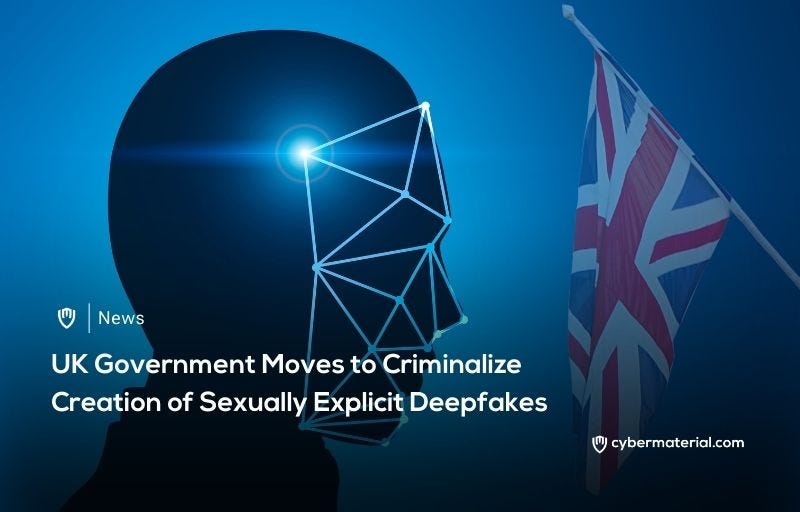
The British government has announced plans to criminalize the creation of sexually explicit deepfakes. This measure builds on previous changes made by the Online Safety Act 2023, which already made i…

The British government has announced plans to criminalize the creation of sexually explicit deepfakes. This measure builds on previous changes made by the Online Safety Act 2023, which already made i…